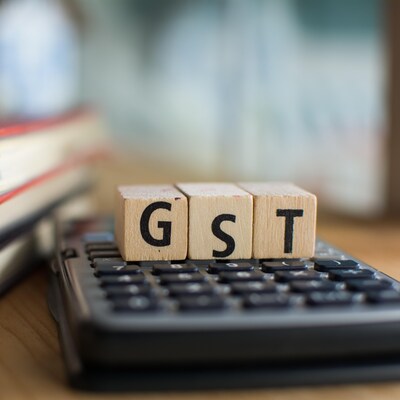The government has notified April 1, 2025 as the expiry date of the anti-profiteering clause of the GST law.
Also, from October 1, all pending complaints under the anti-profiteering provisions will be handled by the apex bench of the GST Appellate Tribunal (GSTAT), instead of the Competition Commission of India (CCI). , he said in another notification.
Click here to connect with us on WhatsApp
These notifications follow the recommendations of the GST Council, which in its 53rd meeting on June 22 recommended amending Section 171 and Section 109 of the CGST Act, 2017 to provide a sunset clause for combating profiteering under of GST and provide for handling of anti-profiteering cases by the apex bank of GSTAT.
The Council also recommended a deadline of April 1, 2025 for receiving any new applications related to combating speculation.
The notification by the political wing of GST would mean that from April 1, 2025, consumers would not be able to lodge complaints about profiteering by companies that do not pass on proportionate benefits of GST rate reduction to end customers. However, complaints filed before April 1, 2025 will be dealt with by the main court of GSTAT until a final conclusion is reached.
“…the Central Government, following the recommendations of the Goods and Services Fiscal Council, hereby designates April 1, 2025 as the date from which the Authority referred to in the said article will not accept any application of examination as to whether input tax credit availed by any registered person or reduction in tax rate has actually resulted in proportionate reduction in the price of goods or services or both supplied by such registered person,” an official notification said .
Accounting firm Moore Singhi CEO Rajat Mohan said this deadline marks an important transition phase for businesses, government and consumers, as for the first time since the introduction of the GST, market forces They will largely determine prices, free from the oversight of anti-profiteering regulations.
“The intent behind this change appears to be the simplification of GST compliance by reducing the window for scrutiny against profiteering. This deregulation will usher in a more dynamic pricing environment, allowing businesses greater flexibility to adjust their strategies.” in response to market demands,” Mohan said.
Sandeep Sehgal, tax partner at AKM Global, said the move is aimed at improving efficiency by reducing the burden on CCIs and ensuring that cases are resolved under the specific tax mechanisms of GSTAT.
(Only the title and image of this report may have been modified by Business Standard staff; the rest of the content is auto-generated from a syndicated feed.)
First published: October 2, 2024 | 00:34 IS
Disclaimer:
The information contained in this post is for general information purposes only. We make no representations or warranties of any kind, express or implied, about the completeness, accuracy, reliability, suitability or availability with respect to the website or the information, products, services, or related graphics contained on the post for any purpose.
We respect the intellectual property rights of content creators. If you are the owner of any material featured on our website and have concerns about its use, please contact us. We are committed to addressing any copyright issues promptly and will remove any material within 2 days of receiving a request from the rightful owner.

